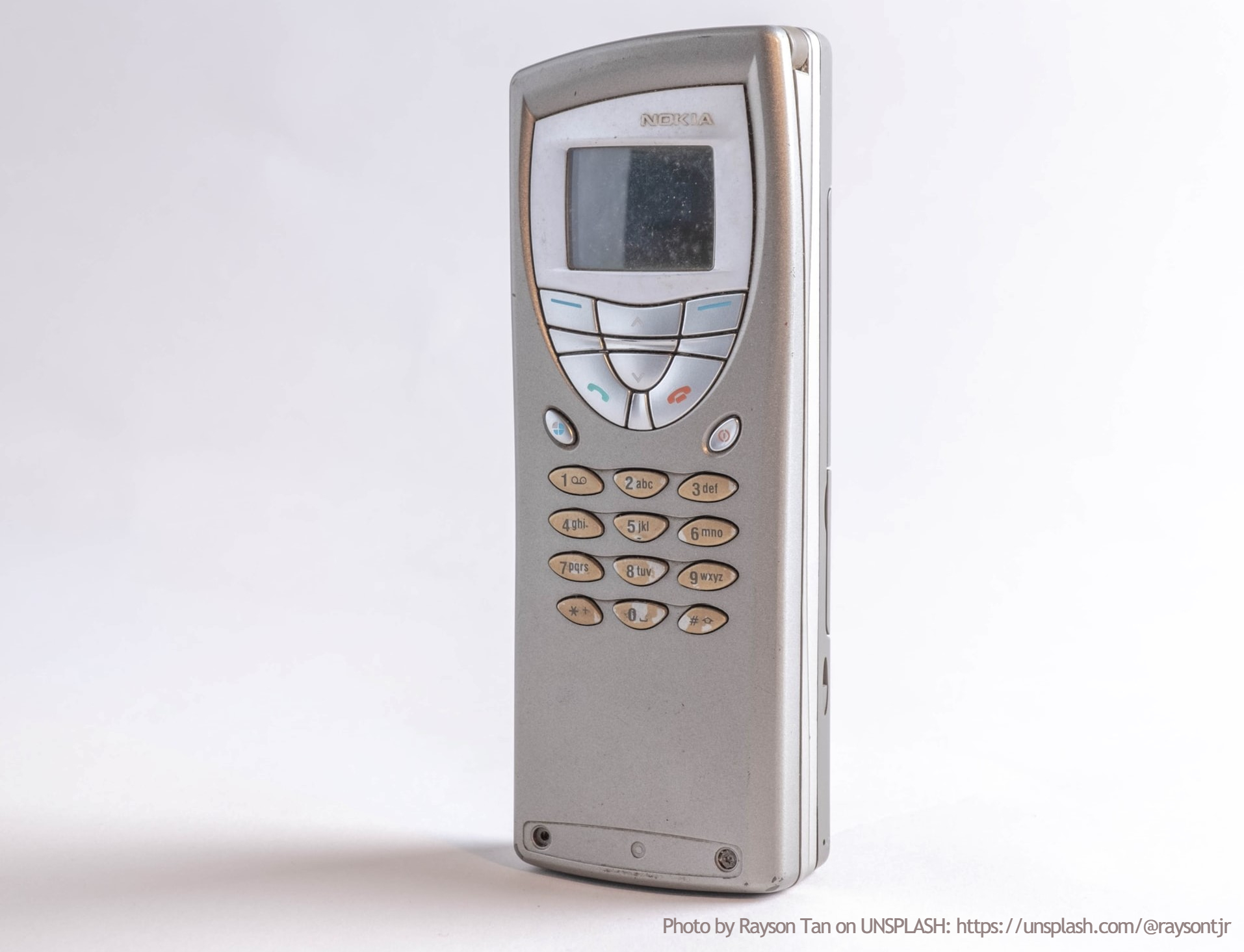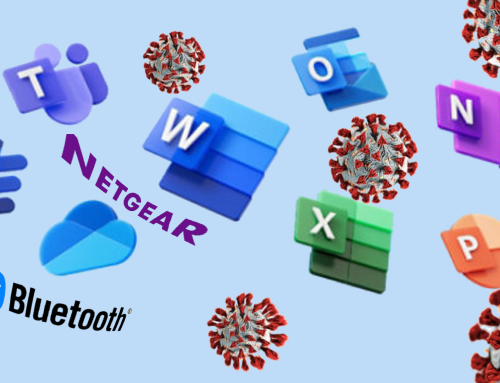Of course none of the technology of 2001 would have been possible without the invention of computers, home computers and the internet.
Many of you may not be aware that a form of computer data sharing known as Time-Sharing, basically the means to sharing computing resources among multiple users at the same time, was already in existence in the mid 1950s. By the 1970s packet switching networks were being used and tested by scientists and universities, and by the 1980s supercomputing centres were set up in universities nationwide in the US to transfer information to each other and overseas. And as we are all likely aware by 1989 Tim Berners-Lee created the World Wide Web and the rest is history. Well not quite otherwise there wouldn’t be any point me writing this.
But anyway, just like Tim Berners-Lee’s invention that dotted the i’s and crossed all the t’s decades after the initial invention of the internet, the tech from 2001 did in many ways also pave the way to a more simplified, ease of access and a more fun and colourful future.
The Best Tech of 2001
Apple introduced iTunes and the iPod. The simple music player that became the multimedia powerhouse of today revolutionised the means in which people were able to purchase, create playlists and play their music at home and on the go. The iPod wowed us with its ability to store, wait for it! A thousand of our favourite songs. Amazingly even after the launch of the iPhone in 2007, the full array of available iPods remained extremely popular up until just a few years ago. Apple made what seems to be their final refresh of the iPod touch back in 2019.
Mobile phone makers Nokia and Ericsson introduced for the very first time phones adorning Bluetooth connectivity, colour screens, FM radios, daily organisers and calendars, putting us a step closer to our mobile phone additions of today. Though in actuality the IBM Simon Personal Communicator from 1994 did already have these calendar/organiser features. In fact the IBM Simon was the world’s first touchscreen Smartphone providing a calendar, to do lists, note pads, email, an address book, world times, a sketch pad, fax, calculator, Scrabble and more, in fact is was that great I might even write an article dedicated to it!?
Google released Image Search, giving us for the very first time a means to search and view the hundreds of millions of images available on websites, obviously there are billions of images today. This may not seem such an amazing feat to many but only a few years prior attempting to just load an image on a web page in your browser took at least half a day, so to have access to a large number of images with speed and ease, with the ability to search for a multitude of topics was mind blowing, however it did also bring to light the need to improve copyright laws, which were pushed through by the EU under their 2001 Copyright Directive.
Wikipedia, the second staple after Google for information and usually the first choice of website to visit after searching Google’s results for an answer, was introduced to the world. However though the founders Jimmy Wales and Larry Sanger took the bold step in creating an online free encyclopedia, the earliest known proposal for the concept was introduced by the internet pioneer Rick Gates, no relation to Bill, in 1993. Though Wikipedia has grown exponentially in 20 years and is recognised and cherished the world over, many may not be aware that it has been extremely close to closing its doors on numerous occasions due to the lack of funding and rising data/server costs. Though Wikipedia is a free-to-public service it does cost the owners, so if you don’t mind helping them out by leaving a small but much needed donation then please do so, on the left hand side of any Wikipedia results page in the first menu section you can find the Donate option.
And finally,
Microsoft launched the Xbox, though the extremely popular PlayStation had already been out for 3 years, there was much anticipation for the already hugely popular PC gaming producer to manufacture a console, and they didn’t disappoint. Even with its competition and late arrival to the sector, the Xbox didn’t just make waves, it created a tsunami. The Xbox was the very first games console to be built by an American company.
Now I’m quite sure I haven’t covered all of the best tech from 2001, I’m sure many of you have a number of great suggestions, so if you have, then please let me know in the comment section (on either LinkedIn, Facebook, or Twitter).
I very much look forward to hearing your suggestions.
Photo by Rayson Tan on Unsplash












